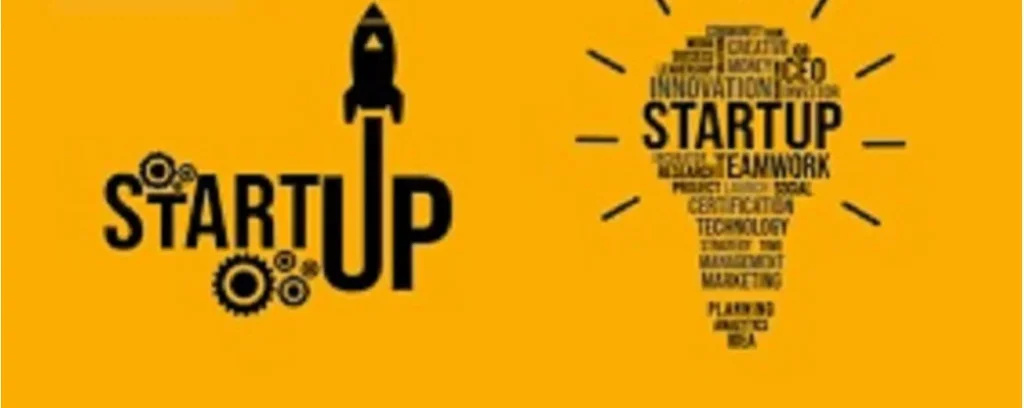Wartime Innovation Drives Surge in Israeli Defence Technology and Startup Investment
Israel’s ongoing military conflicts are accelerating innovation in defence technology, leading to a surge in startups and international investment. Driven by real-time battlefield experience, Israeli army reservists with high-tech backgrounds are creating cutting-edge solutions to modern threats—especially aerial attacks from drones and missiles.
Battlefield Innovation Transforms Civilian Expertise Into Military Solutions
Zach Bergerson, a 36-year-old army reservist and tech professional, developed a wearable mobile-based system to detect enemy drones after witnessing the vulnerability of troops relying only on sight and sound for detection. His story is just one example of how Israel’s defence innovation is now rooted in firsthand combat experience.
This trend reflects a wider movement: 20% of Israeli reservists work in the high-tech sector, and many are applying their civilian skills to defence challenges faced on the battlefield.
Air War With Iran Highlights Israeli Defence Capabilities
During a 12-day air war in June 2025, Israel intercepted 86% of Iranian ballistic missile launches, according to the Defence Ministry. The conflict not only demonstrated the effectiveness of Israel’s aerial defence systems but also fueled demand for battle-tested technologies in global defence markets.
Defence Startups Draw Major U.S. and Israeli VC Investment
Once considered too risky due to strict regulations, the defence sector is now gaining traction among top-tier venture capital firms.
- Protego Ventures, co-founded in December 2024 by Israeli reservist Lital Leshem, has already reviewed over 160 defence startups and raised $100 million in funding.
- The fund plans to invest in four companies by the end of 2025, prioritizing ventures that offer real-world solutions to threats experienced in combat.
“Reservists are coming out of the battlefield and are actually putting together new companies to solve real problems they experienced in real time,” Leshem told Reuters.
Global Market Expansion and NATO Spending Boost
While Israeli defence startups traditionally viewed the U.S. as their primary market, that landscape is evolving. Increased NATO defence spending—spurred by Trump’s push for Europe to share more defence responsibilities—is opening new opportunities.
- New NATO Plan: Member nations to spend 5% of GDP on defence, up from the previous 2%.
- 3.5% on core defence (weapons and troops)
- 1.5% on security-related investments
Israeli startups are now targeting Europe, where rising defence budgets and growing demand for battle-proven, rapid-deployment tech create an ideal expansion path.
The Future of Israeli Defence Tech
Though scaling globally and navigating complex regulations remain challenges, Leshem predicts the sector will thrive—much like Israel’s booming cybersecurity industry.
The mix of high-stakes innovation, direct combat feedback, and increasing international demand positions Israel’s defence tech industry as a new powerhouse in the global security landscape.
Conclusion
Israel’s defence sector is undergoing a transformation, powered by wartime innovation and reservist-led entrepreneurship. With major venture capital backing, a growing global market, and real-time battlefield testing, Israeli startups are rapidly reshaping the future of defence technology.












